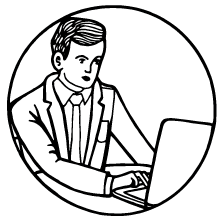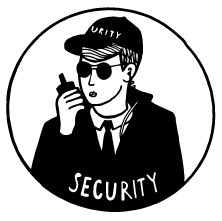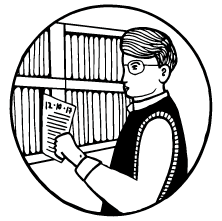PTSD and the brain
There are three parts of the brain key to understanding PTSD – we’ve given them our own names to help explain.
Hover or tap on the coloured sections of the brain to read about them


1. The Command Centre
Responsible for planning, strategy and organisation
During a traumatic event, the brain takes the decision to go into fight or flight mode, and puts the command centre offline.

2. The Guard Hut
Designed to keep us safe
The Guard Hut is usually just on standby but if it feels in danger, it tells the body to go into fight or flight mode, getting ready to either attack the threat, run from it or freeze.
This part of the brain is also where our memories first enter, but they are filed in no particular order and prone to popping out uncontrollably.

3. The records office
Memories are sent from the guard hut and filed away neatly here
The quality of the memory changes when it moves here. It's filed in order, it's date stamped and it doesn't feel vivid.
For many people, after the trauma is over, you have the support, time and space to think about what happened and how you feel. The command centre comes back online, the guard hut and records office start talking again and the memories start to get filed away and fade.
What happens to the brain during a traumatic event?
During a traumatic event, the brain takes the decision not to waste resources filing memories, so the connection between the guard hut and the records office (see above) is lost. Instead all the brains resources are focused on reacting to the danger.
For some people who haven't had the opportunity to think about what's happened, the link between the guard hut and the records office never comes back online and the memories are not filed properly. When the command centre comes back in action, it can start criticising the actions you took, creating feelings of guilt.
PTSD is not just about what happened to you but how you are left thinking about it.
If you or a loved one are struggling with your mental health, we are here to help.
Call our helpline 0800 138 1619
